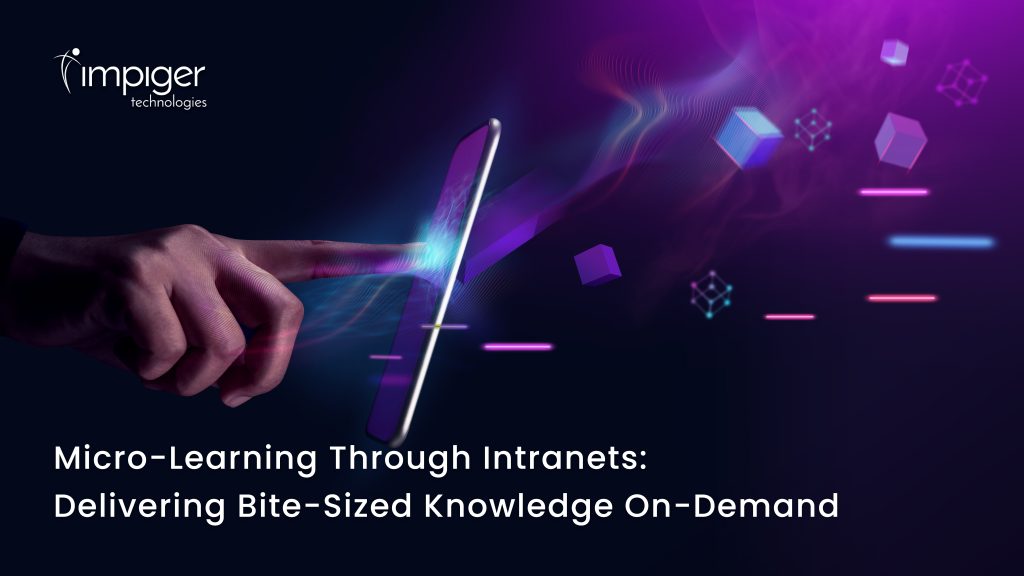Introduction
The software testing landscape is constantly evolving, driven by the ever-increasing complexity of applications and the relentless pace of technological advancements. Staying ahead of the curve is crucial for ensuring the quality and performance of our digital products. In this blog post, we’ll delve into some of the most prominent emerging trends and technologies that are shaping the future of testing:
1. The Rise of AI and Machine Learning (ML)
Artificial intelligence (AI) and machine learning (ML) are rapidly transforming the testing landscape. AI-powered tools can automate repetitive tasks such as test case generation, data creation, and defect identification, freeing up human testers to focus on more strategic aspects of testing. ML algorithms can analyze historical testing data to predict potential defects and optimize test coverage.
2. The Shift Towards Intelligent Automation
Traditional test automation scripts often lack the flexibility and adaptability to handle dynamic changes in applications. Intelligent automation, powered by AI and ML, aims to overcome these limitations. These tools can “learn” from past tests and adapt their behavior to changing functionalities, leading to more robust and reliable automated tests.
3. The Growing Importance of Security Testing
With the ever-increasing reliance on web applications and the evolving threat landscape, security testing is becoming more critical than ever. Security-focused testing tools are constantly being developed to identify vulnerabilities and potential security breaches before applications are deployed to production environments.
4. The Focus on Continuous Testing (CT) and Continuous Integration/Continuous Delivery (CI/CD)
Modern software development methodologies like DevOps emphasize continuous integration and continuous delivery (CI/CD) pipelines. This necessitates the integration of testing throughout the development lifecycle. Continuous testing (CT) practices involve automating tests and integrating them into the CI/CD pipeline to provide rapid feedback and ensure the quality of each code change.
5. The Emergence of Low-Code/No-Code Testing Tools
Traditionally, test automation has required technical expertise in programming languages. Low-code/no-code testing tools are emerging that allow testers with minimal coding experience to create and manage automated tests. This democratizes test automation and makes it more accessible to a wider range of testers.
6. The Growing Adoption of API and Service Testing:
Modern applications often rely on APIs (Application Programming Interfaces) and microservices architectures. Testing these APIs and services independently from the user interface is crucial for ensuring overall system reliability and performance. Dedicated API testing tools are becoming increasingly popular to address this growing need.
7. The Integration of Testing with Performance Engineering
Performance testing is no longer a separate activity but is becoming increasingly integrated with the overall testing process. This ensures that applications can handle anticipated user loads and maintain optimal performance under various conditions.
8. The Rise of the “Tester as a Consultant” Role
As testing becomes more sophisticated and integrates with complex technology stacks, the role of the tester is evolving. Testers are transitioning from pure execution roles to becoming strategic consultants. They collaborate closely with developers and other stakeholders to identify potential risks early in the development lifecycle and contribute to building high-quality software.
Final Thoughts
The future of testing promises to be exciting and dynamic. By embracing emerging trends and technologies, we can create a more efficient, effective, and future-proof testing strategy. Staying informed and adapting our practices will be key to ensuring the quality and success of our software endeavors in the years to come.
Blog Reviewed by Kumaresan Selvaraj











